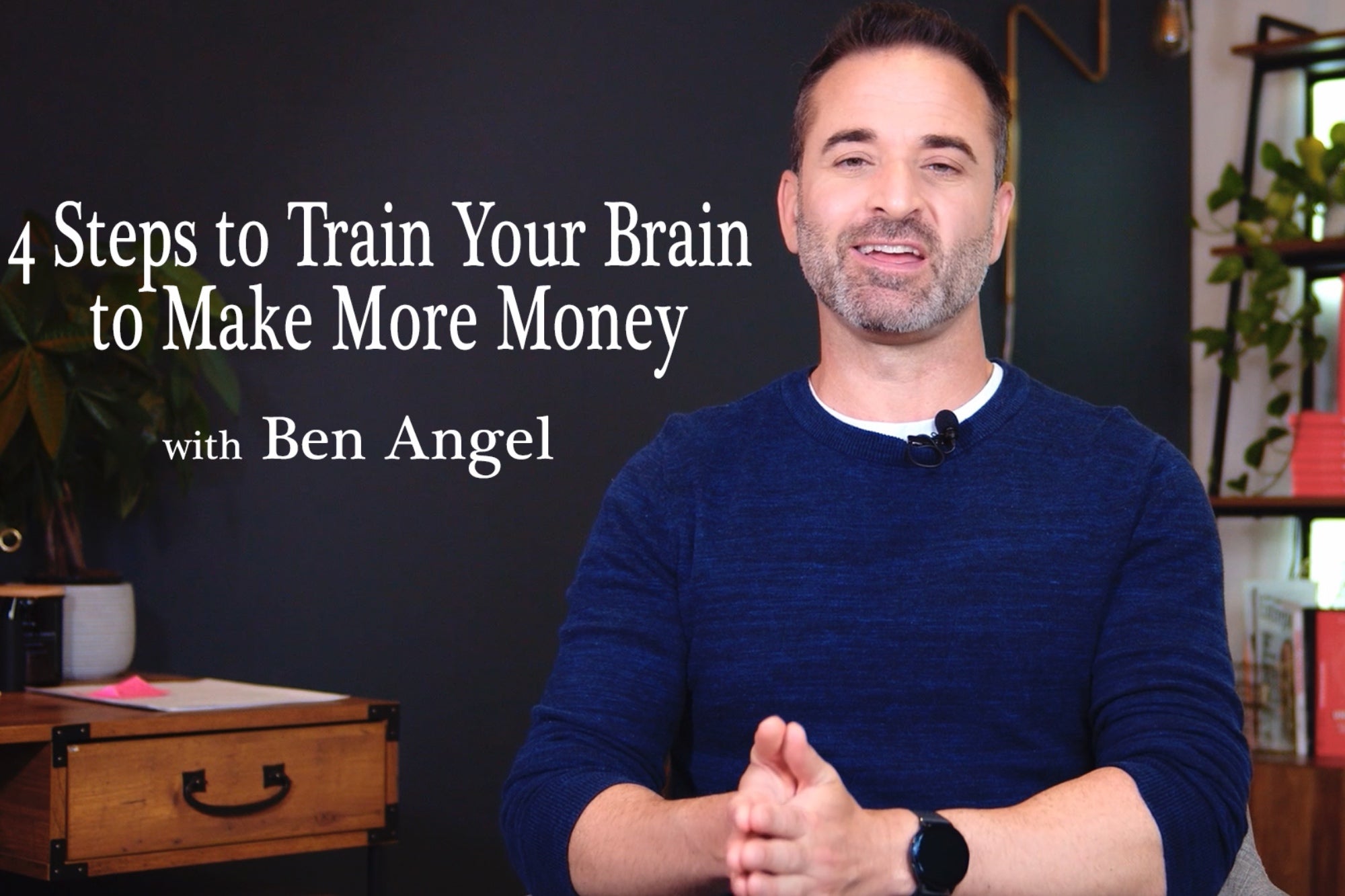Someday Virtual Reality Will Be Entertaining But It's Useful Right NowLet somebody else worry about the future of home entertainment. VR can put your QA people in your vendor's offshore factory or you in your client's Singapore headquarters for routine meetings.
ByChris Savage•
Opinions expressed by Entrepreneur contributors are their own.

We're at the dawn of the age of Virtual Reality. Oculus, Sony and HTC are each releasing their own highly-anticipated VR headsets by the end of the year. If you've watched the Oculus Toyboxdemo, then you understand why that's such an exciting prospect: fully digital, immersive worlds that we canshare with othersare seriously going to be a phenomenon within the next few years.
But look around, and you'll see that all kinds of companies are already using VR to communicate, educate, and share special experiences. The VR revolution has actually already started, but not in the home -- in the office and the factory.
Related:Will you be ready for the virtual reality future?
A privileged view.
VR is exciting largely because of one of its core ideas: sitting in a chair, strapping on a headset and instantly traveling anywhere with a 360° view of the world. That means riding a camel through the Gobi Desert with the sand whipping your back, soaring over New York City like a bird or having yourpersonal movie theater-- without the hassle of finding decent seats.
For companies, VR means you can bring a remote employee into a meeting and it'll feel like they're actually there. It means you can bring a customer onto your factory floor from 2,000 miles away. It means having an intimate, charged ideas session with your co-founderany time.
Related:Why virtual reality is vital.
Visualization in manufacturing.
One of the biggest problems in manufacturing is dealing with the distances between people.
- You have a client in one country, and they're thinking about moving production to your factory. But they want you to pay for their whole team's plane tickets and housing -- for a week.
- You have multiple factories but only one inspector, and keeping your product quality high means sending him across the world on a regular basis.
- A vital component breaks somewhere, and you need to stop production for ten days because your technicians are busy somewhere else.
VR is going to make problems like this go away by collapsing the distance between people and bringing everyone onto the same page.
- Your potential client can take aguided VR tourof your factory floor from the comfort of their office, ask questions and seal the deal on the spot.
- Portable 360° cameras can give inspectors a full-scale view from one central location, and he can send feedback as needed.
- Your technical experts can diagnose problems from anywhere and your on-location staff can step in to implement fixes.
This kind of transformation isn't possible with video conferencing because so much of manufacturing involves things that are too big to understand in a 2D presentation. 2D video lacks scale -- you can't actually get an accurate sense of size or distance because you're limited by what the camera can show you.
360° video lets you actuallybe there, which means you can diagnose issues, inspect parts and educate as if you were there.
House hunting from home.
360° walkthroughs are also going to be a huge development for the future of real estate.
Sotheby's is already using VR to sell multi-million dollar houses in the Hamptons. But all you need to try it out for yourself is a smartphone and a $20Google Cardboardviewer.
Use the Google Camera app to stitch together a photosphere, load it into your Cardboard and suddenly you're looking at the most convincing apartment ad you've ever seen. You're inside the kitchen: you look up at the cabinets, left into the living room, up at the ceiling, andeverythingis a 1:1 replica of how you actually experience it.
It's not too difficult to imagine a future where all real estate works like this. Instead of browsing through listings, you'd just slip on your headset and virtually tour every open house in your desired neighborhood. You could find the perfect place to live without ever leaving your couch.
Related:Virtual reality startup, SmartVizX bags $500K from IAN & Stanford Angels.
Proving the future.
If you think everything companies are doing with VR sounds boring, then you only need to look at the businesses that are pushing the envelope further. Matterport, a VR real estate startup, is partnering with Google on a smartphone app that will let you scan your immediate surroundings into an immersive experience. Ford is modeling, road testing, and swapping components on brand new cars withoutever building them in the first place. The future is bright for VR. But so is the present, if you know where to look.











